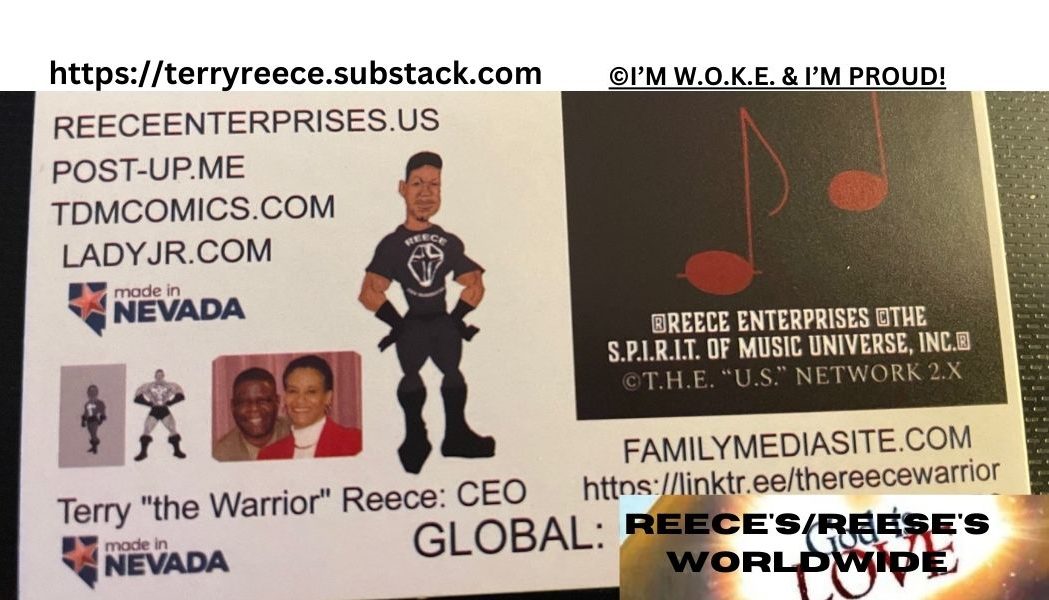Law and (Un)ordered
A box of light bulbs. A case of cleaner. Another box of light bulbs. Ordinary supplies that businesses and nonprofits of all sizes use every day. If these things arrive at your office doorstep, someone in your company or organization must have ordered them, right? And when the bill comes, you have to pay it, right? Well, not necessarily.
The FTC went to federal court in Maryland against a group of companies the agency says relied on these seemingly common-sense assumptions to bilk businesses and nonprofits out of millions of dollars. According to the FTC, the defendants’ telemarketers called organizations and used deceptive tactics to get employee names – usually someone in the maintenance department – and delivery addresses. The next step: a seemingly innocuous conversation in which the defendants’ telemarketers offered to send a catalog, a small promotional gift (like a knife or gift card), and sometimes a sample of products. The defendants then shipped light bulbs and cleaning supplies to the business or organization, following up with high-priced invoices for those supplies, listing the employee’s name on the invoice as having ordered them.
The FTC says that if a business or nonprofit paid an invoice, the defendants would send more merchandise and more invoices, often using different company names (although they were all part of the same organization). When challenged, the defendants would try to bluff or trick victims into paying for the goods anyway. For example, they would argue that the fact that an employee had accepted the promotional gift showed that the employee also must have ordered the supplies.
According to the FTC’s filings in the case, the defendants took more than $40 million from businesses and nonprofits just between 2011 and 2013.
Unfortunately, scams like this have a long history. So long, in fact, that there are specific legal and rule provisions to address them. For example, it’s against the law to send merchandise without the express request or consent of the recipient – and to try to collect payment for it. And although most business-to-business calls are exempt from the Telemarketing Sales Rule, sellers of nondurable office or cleaning supplies are expressly within the rule.
As we’ve said about B2B frauds, when you know these schemes are out there and how they work, you can act to protect your business from them. Here are some steps you can take:
 1. Read the FTC’s brochure, Small Business Scams, and share it with your staff. Receptionists, administrative personnel, and people who work in maintenance are the first targets these types of swindlers will try to trick, so send your staff the link or order free copies for them.
1. Read the FTC’s brochure, Small Business Scams, and share it with your staff. Receptionists, administrative personnel, and people who work in maintenance are the first targets these types of swindlers will try to trick, so send your staff the link or order free copies for them.
2. Keep a central file with the names of the vendors you use for supplies you buy periodically. If you get an invoice from an unfamiliar vendor, ask your staff if anyone recognizes it. Even if someone does recognize it, check to make sure that the goods, quantity, and price match what your staff expected to see.
3. If an unfamiliar vendor is pressuring you for payment and you suspect an unordered merchandise scheme, tell the vendor you’ll deal with them by email or letter – rather than by phone – until the matter is cleared up. If there’s been an honest mistake, sorting it out in writing still gives the vendor plenty of opportunity to explain what happened. But you have better things to do than engage in drawn-out phone conversations with possible scammers trying to trick you into saying something they’ll exploit. Check with groups like the Better Business Bureau or other sites where people offer feedback about companies to see if others have complained about similar tactics from the same outfit.
4. If you receive bills for supplies you didn’t order, don’t pay. The law allows you to treat unordered goods as a gift. You don’t have to return the merchandise, and you don’t have to pay even if someone in your business used the supplies before you realized they were unordered. Another important step: Report the incident to the FTC.
When it comes to deceptive schemes pushing unordered merchandise, the FTC isn’t buying it. Neither should you.

